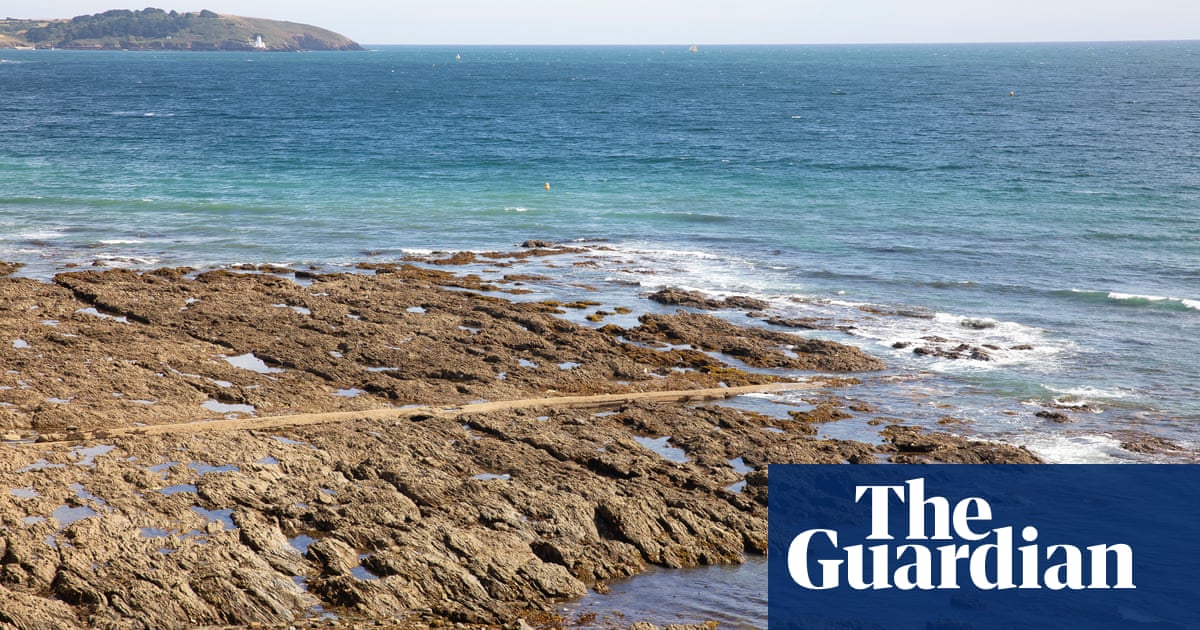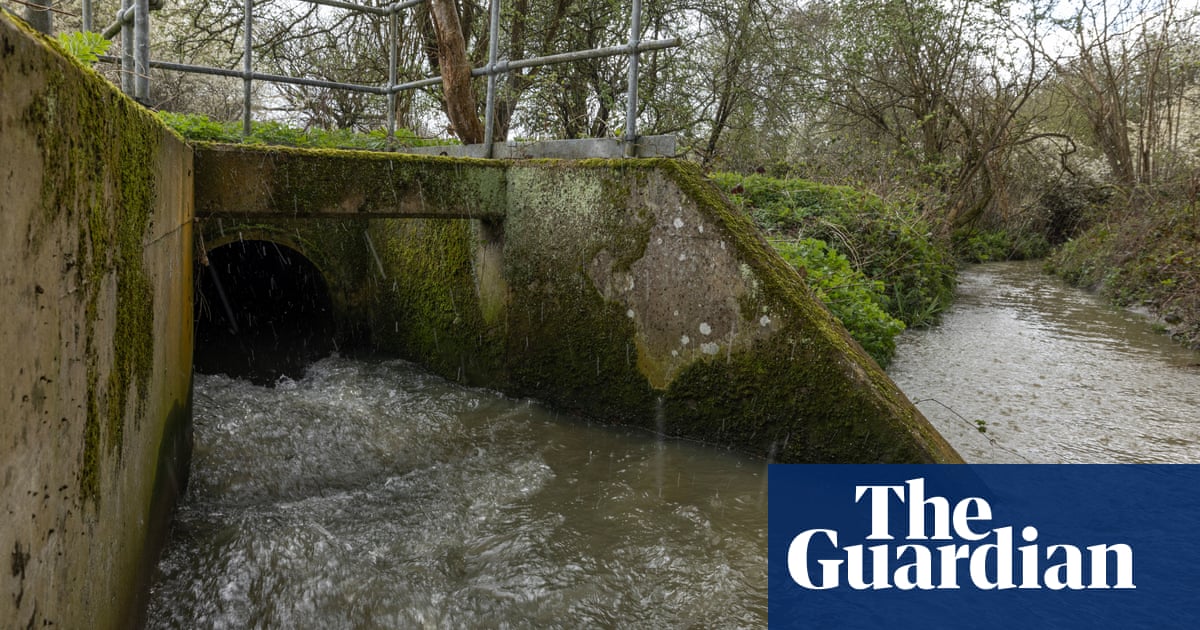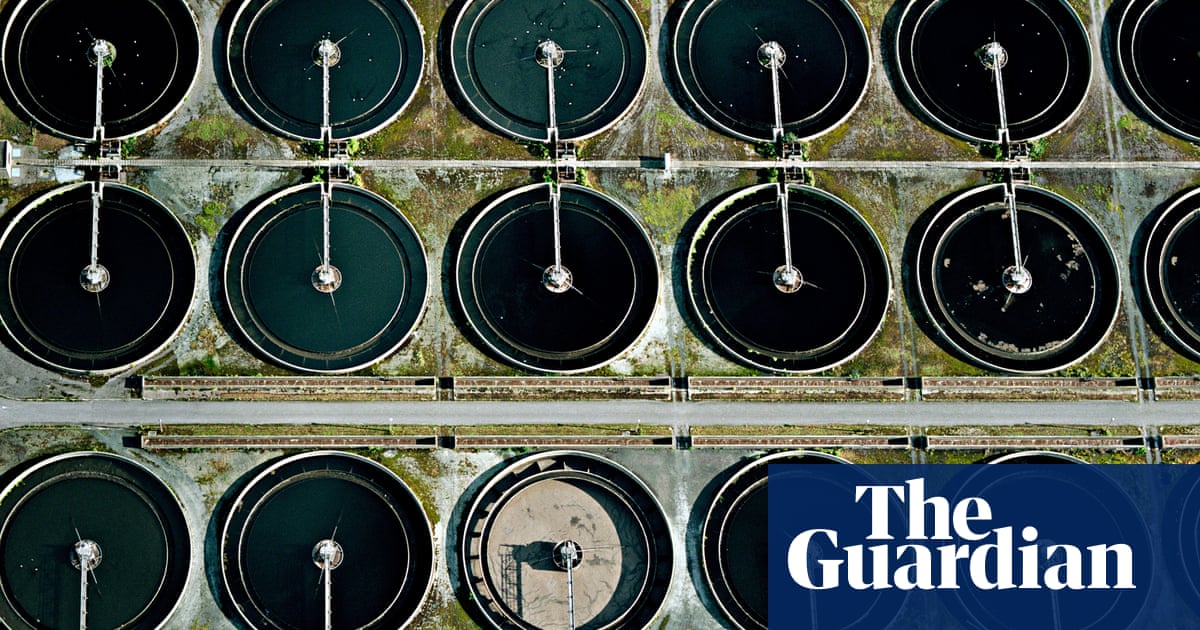
Oxford has become the latest area to push for bathing water status for an area of river in an attempt to stop Thames Water discharging raw sewage into it.
The city council has backed a motion to apply for a section of the River Thames to become a bathing water area, akin to the status granted to coastal waters in the UK. The status drives up the standards of waterways. Currently no English river qualifies as bathing water, but the designation applies to more than 600 beaches and lakes.
The measure would mean the river would be subjected to a strict testing regime based around public health requirements. It comes after campaigners in Ilkley submitted an application for bathing water status for a stretch of the River Wharfe.
More than 4,000 people have signed a petition in support of bathing water status for the Thames in Oxford, and an end to sewage pollution.
Cllr Linda Smith, the cabinet member for leisure and parks on Oxford city council, said it was currently legal for Thames Water to dump raw, untreated sewage into the river at times of heavy rainfall when treatment works were overwhelmed.
Smith said: “The Environment Agency has had its funding slashed since 2010 and been forced to reduce its staff numbers, which has reduced its capacity to enforce regulations, so pollution incidents have increased while the number of prosecutions have fallen.”
The council is calling on Thames Water to provide real-time data of where and when sewage works were overflowing so that residents would know about the risks of taking to the river to swim or participate in watersports.
The council was also calling on the company to upgrade its sewage treatment works so they were fit for the 21st century, Smith said. “The city council will now work on making an application for designated bathing water status for a stretch of the Thames in Oxford.
“Designation by the Department for Environment, Food and Rural Affairs would mean improved monitoring of water quality and better protection for the river from pollution. It will ensure Oxford residents have access to the information they need to be properly informed about the risks of enjoying our beautiful river.”
Guardian data shows that water companies released raw sewage into rivers in England 204,000 times last year.
Campaigners in Oxford protested last month about the discharging of sewage. Last year four sewage treatment works in Oxford spilled raw sewage into the river more than 170 times, for the equivalent of 82 days, according to data collated by the End Sewage Pollution campaign from figures provided by the Guardian and Rivers Trust.
Claire Robertson, from the campaign, said: “It’s a national and local scandal that raw sewage is regularly ending up in our rivers.
“In Oxford, we love the river – it gives us so many mental, physical and social benefits, especially during lockdown. Why hasn’t Thames Water already promised to upgrade their sewage works? Why can’t they … give us real time alerts of when sewage is spilling? They have that data, they need to make it publicly available.”
The campaigners in Ilkley became the first to apply for bathing water status for a stretch of river this year. Consultation on the idea closed on 2 October.
Last week the Environment Agency chair, Emma Howard Boyd, said the nation’s approach to water needed to be transformed if the government’s 25-year environment plan for clean and plentiful water was to be achieved.
She said the push for bathing water status in rivers could mark a step-change. “Bathing water designations in rivers would take time and investment to achieve safely, but can be done if that’s what people want,” she said.
Thames Water said it was investigating giving prior warning on sewage discharges and looking at how it might notify groups using the river.
“We work hard to minimise storm discharges, while also looking at how we can improve the system for the future, including reducing groundwater infiltration and increasing capacity. We’ve also invested heavily in monitoring equipment to understand how frequently spills occur and help us plan improvements.
“We fully appreciate just how well loved these waterways are and why people want to use them for recreation; however, they should be mindful that sewage discharges aren’t the only sources of pollutants. Animal faeces from livestock and wildlife, along with run-off from farms and roads, also contribute to the hazards.”
A spokesperson for Defra said: “We welcome applications for bathing water designations, including for bathing areas on rivers.
“England has high standards of water quality in its bathing waters, with 98.3% of bathing waters passing the minimum standard last year. Of these, 71.4% of bathing waters were classified as ‘excellent’ – the highest water quality standard.”












